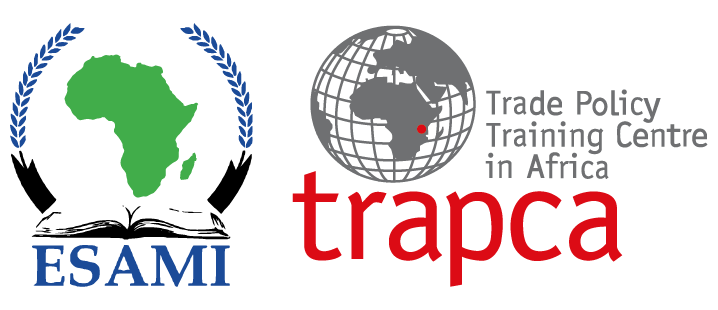Statement of need
The entry into force of the WTO’s Agreement on Trade Facilitation has the effect of obliging countries to bring their trade facilitation and related policies and practices into conformity with the WTO legal regime. The agreement subjects customs measures that were traditionally treated independently from trade policies to multilateral trade rules. By so doing, it intermingles trade facilitation measures and policies with existing trade policy and applicable sectoral-related rules with the effect of bringing them under one regulatory regime. In practical terms, this implies that countries can no longer treat their multilateral commitments unitarily. The course provides an in-depth analysis of the implementation aspects of trade facilitation measures. In this context, it zeroes in on the cross-dimensionality of trade facilitation measures at the implementation level. It further explores the consequence of trade facilitations with self-contained policies arising from sector-specific ministries and departments that are traditionally divorced from their perceived link with trade facilitation and trade-related policies. In a nutshell, the logistics and trade facilitation course take both conceptual and applied approaches as methods of choice at the course delivery stage. It benchmarks its applied aspects against the international best practices and contextualizes the course material within an African context. The course provides a very strong conceptual grasp of technical, theoretical and implementation aspects of logistics within the context of trade facilitation. The course balances policy issues with private sector interests thereby fostering a collective understanding of policy and marketplace issues of importance.
Course objectives
Content
Target group
Officials from Trade and Trade Related Ministries and parastatals, officials from Regional Economic Communities, Negotiators, and Regional Integration Practitioners. Private sector player in transport and logistics
Duration
2 Weeks
Venues
Mombasa, Kenya
Date
7 – 18 Oct 2024
Course Fees
$1,600
